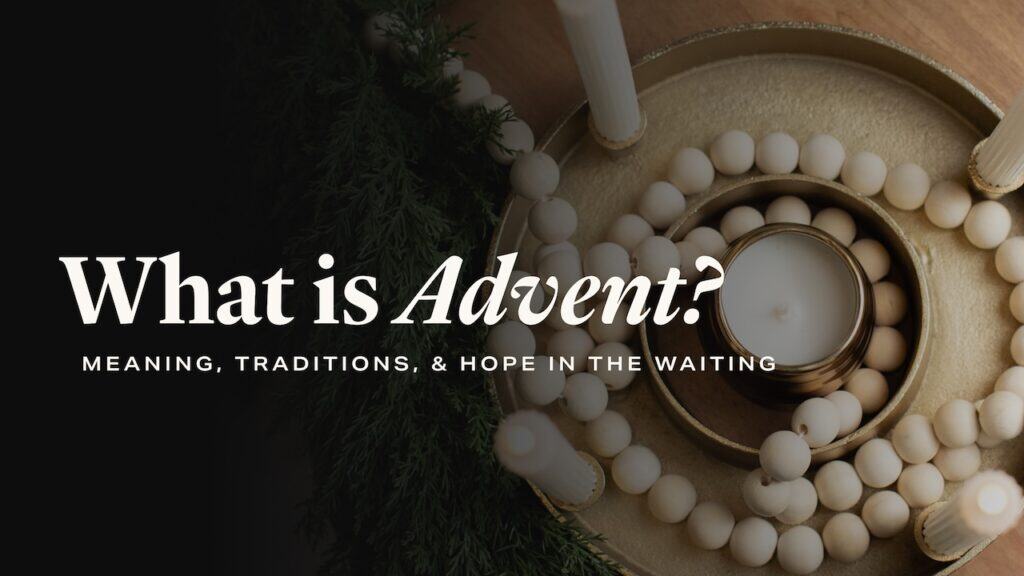It was in 2002 that a new word graced the landscape of Millennials everywhere: “selfie.” An Australian man, Nathan Hope, after too many drinks on his 21st birthday posted a picture of his stitched lip with the caption “sorry about the focus, it was a selfie.”
Since then, 92 million selfies have been taken and posted everyday worldwide. The average millennial will take 25,700 selfies in a lifetime. Females between the ages of 16 and 25 spend 5 hours a week with selfies. However, the word “selfie” has evolved from being just vocabulary or a social phenomenon to an orientation and a direction.
W.E. Gladstone, the one-time prime minister of England, said, “Selfishness is the greatest curse of the human race.” Robert Bellah, an American socialist in the 90’s and 2000’s joined forced with his Stanford friends in their book Habits of the Heart. They set out to identify what resources Americans have for making sense of their lives, how they think about themselves and their society, and how their ideas relate to their actions. They interviewed 200 Americans and after 5 years of research concluded this about the American landscape… “Whatever the West is, it is about individuals—not community.”
Social scientists have a label for this kind of orientation. They call it radical individualism. It’s this idea that all I need is me, myself (or my selfie) and I. Radical individualism says that the immediate needs of the individual are more important than the long-term health of any group, family or community. We have been socialized to believe that our own dreams, goals, agendas are primary. This world propagates and pulls you and I to be at the center.
We are addicted to individualism. We live in it. We breathe it. We cherish it. We are brainwashed into thinking that clinging to personal rights and freedoms and striving after things is our ticket to happiness. All the while it’s leaving us empty, killing our souls and pointing to our greatest need. If sin was like a big oak tree and you excavated and examined its trunk and roots, do you know what you would find? Pride and selfishness. Selfishness is the antitheses of joy. “All of my life, my plans, my rights, what I deserve, how I should be treated,” all leads to a dead end of misery. This issue is so large that there’s an entire chapter in the book of Philippians to spend on selfishness and how to combat it.
So, how do we kill pride? How do we deflect the focus off self? The apostle Paul tells us to focus on others.
Do nothing out of selfish ambition or vain conceit. Rather, in humility value others above yourselves, 4 not looking to your own interests but each of you to the interests of the others. Phil 2:3-4
The original Greek term selfish ambition is the word arithayon. It originally had a positive connotation. The word was used to described a day laborer, someone who went out and worked for a day and got paid for his work. But the word then morphed and came to mean the self- seeking advantage over others regardless of the effect it has on others. Aristotle, the Greek philosopher, used this very same Greek word to described the self-serving ambitions of politicians…ones who are power hungry, who lie, cheat and steal to get ahead. If we are honest about the human heart, there’s something in all of us that wants to get ahead. Selfish ambition is someone who seeks to advance himself or herself by any means at all.
Next, Paul says do nothing out of selfish ambition or vain conceit.
Now, vain conceit is a word we don’t use very often. The old King James version translates it, “vain glory.” “Let nothing be done through strife or vain glory.” The word vain conceit (kenodoxia) is the combination of two Greek words, kenos which means empty and doxa is where we get the word doxology (which means glory.) Here’ s what this word means: empty glory.
You, me, humanity all struggles with a glory deficit. There is a deficit between your destiny and your reality that sin has put in your life. As a result people try to fill that glory deficit in their hearts with life from outside. And someone with vain glory is someone who cherishes exaggerated ideas of their own importance. “I am so awesome” or “The world needs to discover how awesome I am!” This has always been our problem. Paul said in Romans 12:3, “do not to think of himself more highly than you ought.” He continues in 1 Cor 13:5, “love does not parade itself or seek its own interest.”
People so deeply want to matter. And there’s a dread in our heart of being insignificant and inadequate. We’ve all fallen short of the glory of God. We are broken and try to fill that hole in the soul and medicate that glory deficit.
Here’s Paul’s admonish: “Don’t bring that mantra… that spirit of the age… that vain glory into the Christian community and use the church to fill your glory deficit!”
Here’s his remedy… Rather, in humility value others above yourselves, 4 not looking to your own interests but each of you to the interests of the others. Phil 2:4
Humility in the ancient world of Paul’s day, was not a virtue. In the Roman world humility meant humiliation because humility was for slaves. And if we can be honest not much has changed in 1,500 years. Humility is looked down upon. Of all the Western European virtues, there’s one virtue that’s not in the table of contents…. humility.
Humility, to Paul is others focused. Humility is lifting up the concerns of others, placing them above and ahead of your own. Valuing and considering others means to carefully think about the excellence that is in other people and regard them as such. Love in its truest form delights in the satisfaction of the others. Love in its truest form doesn’t parade around seeking to receive. Love in its truest from is an emptying of oneself for the betterment of the other. You know who this sounds like? Jesus. There is only one person who has the power to break selfish ambition and conceit in our lives. And that’s Jesus Christ. Jesus didn’t just model humility for us, he now lives in us. In other words, through faith in Jesus Christ, you are now united to the one who meets your deepest needs. When you believe this spectacular truth, it changes you. You are now free from counting yourself more significant than others. Free from focusing on your needs and desires at the expense of others. If you believe that in Christ you have everything you need, then in Christ, you can give up anything you have.
To dive deeper into the themes in Philippians, check out our 12-episode series called The Book of Philippians with Pastor Tony Calabrese—only on the QAVA app. Get started for free here.









